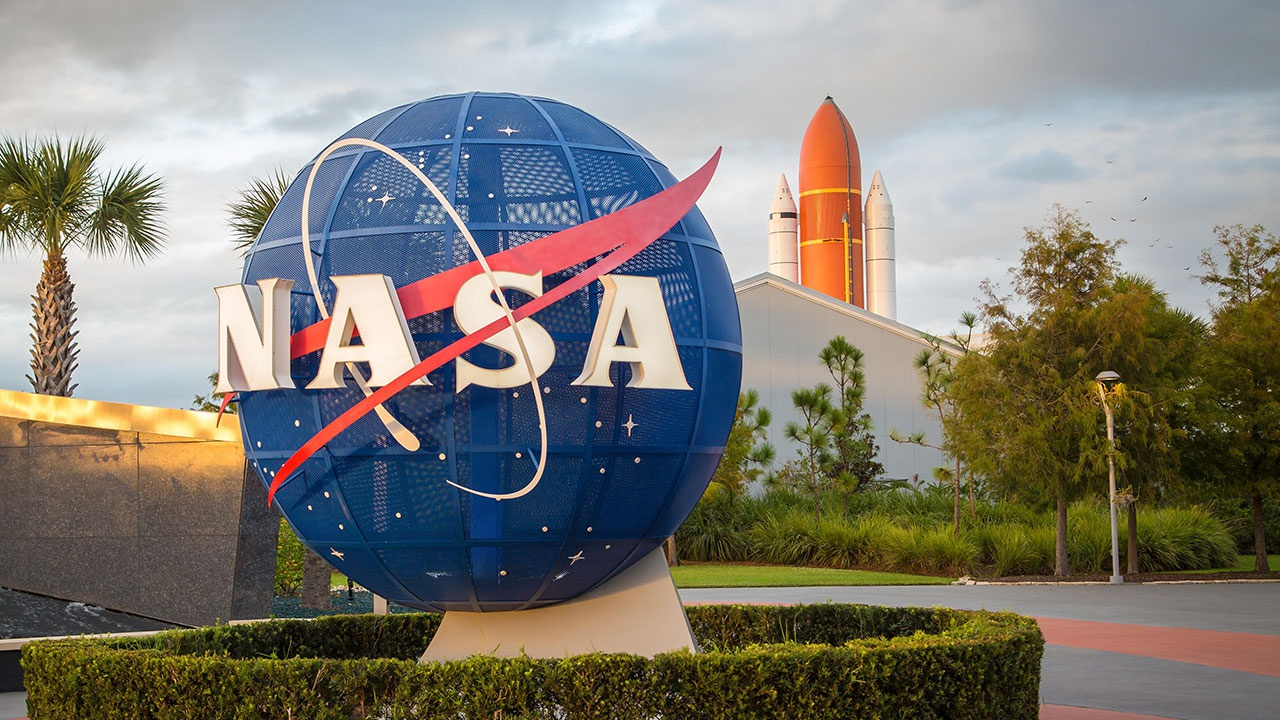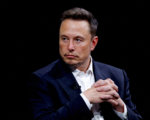U.S. President-elect Donald Trump has chosen Jared Isaacman, a private astronaut and CEO of Shift4 Payments, as the nominee to lead NASA. Isaacman, a close ally of SpaceX and a prominent figure in commercial spaceflight, represents a bold shift toward privatized space exploration but will likely face significant political hurdles as NASA administrator.
Isaacman has participated in two historic SpaceX missions, including the first privately funded spacewalk, and has championed a vision for a “thriving space economy.” In his acceptance, he pledged to push humanity toward becoming a true spacefaring civilization.
Challenges in Overhauling NASA
Isaacman’s leadership is expected to align with Trump’s cost-cutting agenda, emphasizing privatized spaceflight and trimming NASA’s reliance on traditional government-owned programs. Key targets for potential budget reductions include the $24 billion Space Launch System (SLS) rocket and the lunar Gateway space station, which are over budget and delayed.
Despite the focus on cutting costs, Isaacman will need to navigate political resistance, especially from lawmakers keen to preserve NASA’s more expensive, contractor-driven programs. These include partnerships with legacy aerospace giants like Boeing and Lockheed Martin, which involve a large, nationwide workforce.
Isaacman’s approach is likely to favor private-sector solutions like SpaceX’s reusable rockets, which have already demonstrated cost savings and operational efficiency. SpaceX’s Crew Dragon capsules, for example, provide a cheaper alternative for transporting astronauts to the International Space Station, bolstering NASA’s commercial partnerships.
Support and Criticism
Elon Musk, CEO of SpaceX, has been a vocal supporter of Isaacman, describing him as a man of “high ability and integrity.” Musk reportedly recommended Isaacman to Trump, seeing him as someone capable of pushing NASA toward privatized, faster-paced space exploration.
Jim Bridenstine, Trump’s first NASA administrator, praised Isaacman’s nomination, highlighting his successful private-sector track record and vision for exploration. However, Isaacman’s nomination has also drawn skepticism from industry stakeholders, such as Allen Cutler, CEO of the Coalition for Deep Space Exploration, who raised concerns about budget limitations and workforce impacts under Isaacman’s leadership.
NASA’s Future Under Trump and Isaacman
If confirmed by the Senate, Isaacman will inherit ongoing challenges with NASA’s Artemis program, which aims to return astronauts to the moon. The program has faced cost overruns and delays, pushing its first crewed lunar landing to 2027. SpaceX’s Starship rocket is expected to play a central role in these missions, further embedding NASA’s reliance on commercial partnerships.
Bill Nelson, NASA’s current administrator, expressed optimism about Isaacman’s nomination and the potential collaboration between Trump’s administration and Elon Musk to secure NASA funding. “The relationship between Musk and the president-elect is going to be a benefit,” Nelson said.
While Isaacman’s commercial focus could transform NASA’s operational model, balancing political and economic pressures will be critical to achieving his vision for a more privatized, spacefaring future.















